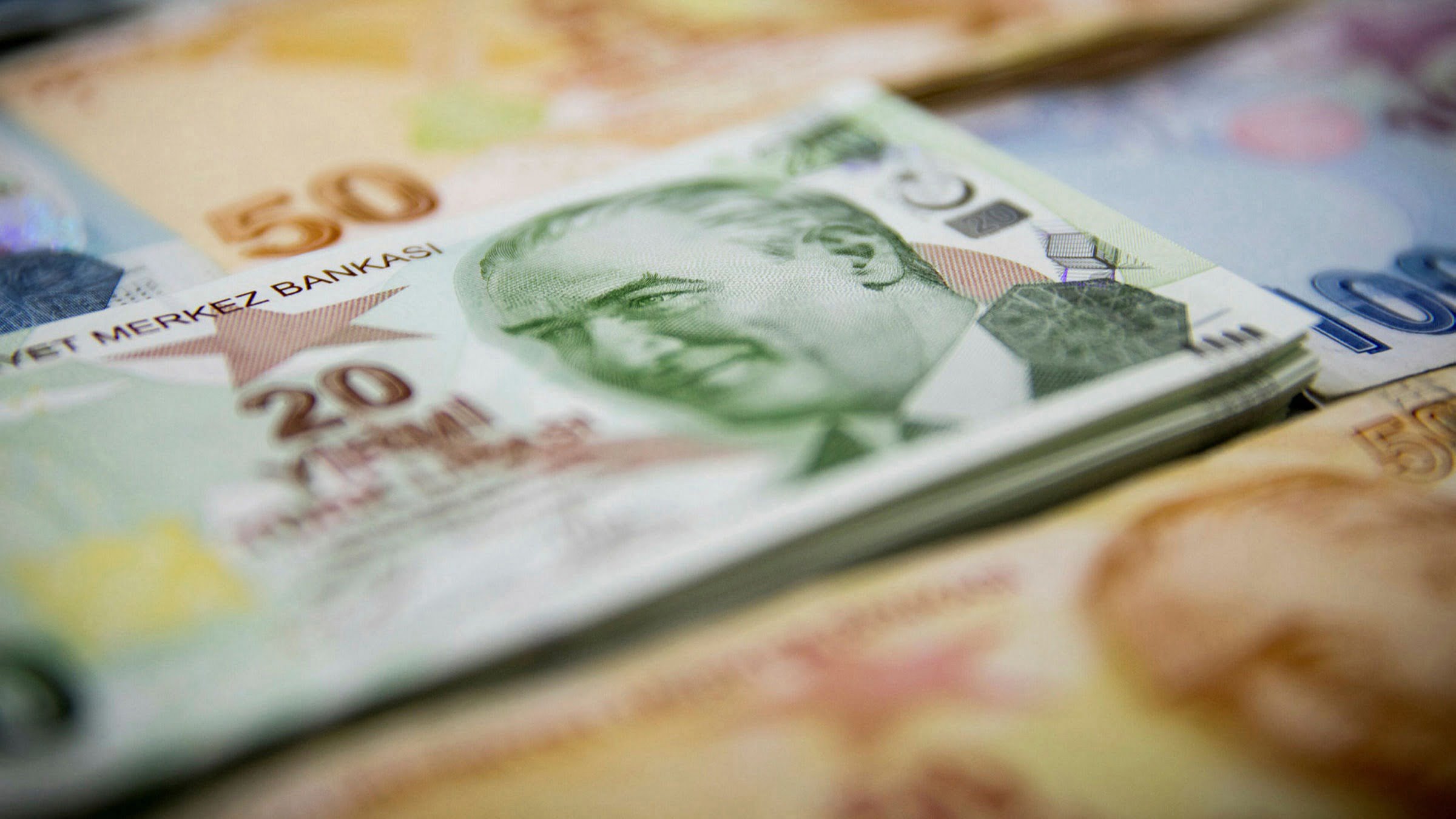The Lira rate, also known as the Turkish Lira or TRY, is the official currency of Turkey, introduced in 1844 and replacing the Ottoman Empire’s kuruş . The currency’s ISO 4217 code, TRY, was introduced in 2002. The lira has gone through several revaluations over the years, but has been pegged to the Euro since 2001 and only fluctuates by about 1% per year against the euro and 0.25% against the US dollar.
What is the TL/USD exchange rate?
The TL/USD (Turkish Lira/US Dollar) exchange rate has dropped significantly in recent months. In fact, it’s down nearly 50% since January. What does that mean for you as a traveler to Turkey, and what can you do to combat its negative effects on your trip? Here’s everything you need to know about what we call the lira rate.
The Turkish Central Bank
When it comes to deciding what a fair lira rate should be, there are many factors that determine that: inflation, GDP growth, current account balance and more. The Central Bank takes all of these into consideration when setting a new Turkish lira rate each month. If you’re wondering why they do it monthly and not daily, it’s because they need to make sure that they have enough time to study international economic trends as well as Turkey’s domestic economic indicators.
Inflation in Turkey
Turkey’s inflation rate climbed to 10.84 percent year-on-year in May 2018 from 9.83 percent in April, and was also higher than 10.12 percent market expectations. On a monthly basis, consumer prices edged up 0.19 percent, following a 0.04 percent gain in April and missing market estimates of a 0.06 percent rise.
Where Can I Exchange Currency?
A lira, also known as a pound in some countries, is a unit of currency. When you visit another country, you might have to exchange your currency for that country’s currency. There are many places where you can go to do this – banks, ATMs, even airports – and it’s possible you might find a better exchange rate elsewhere. Where should you exchange your money? Is there one place that gives better rates than others? Read on for more details.
Business Gains vs Financial Losses
If you are considering opening a new business venture in another country, one of your primary concerns will be managing financial risk. For example, if your revenue-generating activity rises or falls, how will it affect your bottom line? An important factor to consider when managing risk is whether you are likely to experience a business gain or loss. A business gain occurs when revenues increase at a greater rate than expenses over a specific period of time. On the other hand, financial losses occur when costs exceed sales for a given amount of time.
Is there a Black Market for Foreign Exchange Rates?
The lira is one of many currencies that floats against other global currencies. Meaning, its value fluctuates based on global market forces, like supply and demand. If a country’s economy is strong, its currency will be valuable; if it’s doing poorly, its currency will lose strength. There are many ways to track foreign exchange rates (FX), including through sites like XE and Bloomberg.
How Does the Turkish Stock Market Affect Currency Exchange Rates?
The Turkish lira (TRY) has suffered significant volatility over recent years. Much of that volatility can be attributed to currency exchange rates between USD and TRY, with many worried about a decline in value of their savings and investments. How does exchange rate volatility affect TRY lira rates? When comparing U.S dollar vs.
Who Determines Capital Controls on Foreign Exchange in Turkey?
The Central Bank of Turkey (CBRT) announces its monetary policy on a monthly basis. As with many other central banks, when announcing their policy decisions CBRT also determines what will be allowed in terms of capital inflows and outflows for that month as well as for next month. Since there is a high uncertainty about how capital controls may or may not change for different currencies at any given moment, it makes sense to watch CBRT’s monthly monetary policy announcements with much anticipation.
Read more on Fubar News


